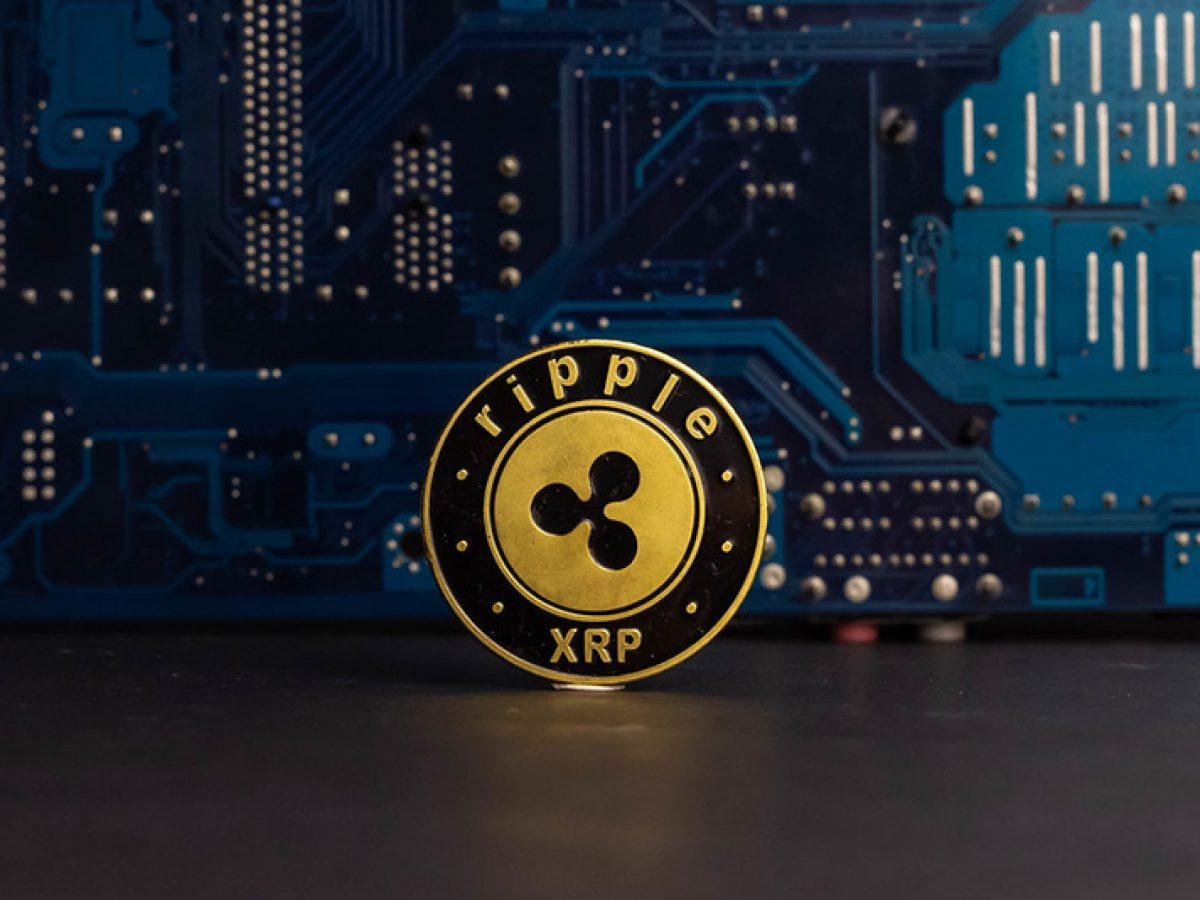
2nd Circuit of XRP sales are not securities in Ripple v. SEC
In response to a tweet by Marc Fagel, formerly of the law firm Gibson, John Deaton presented a hypothetical scenario in which XRP, a payment method associated with Ripple, progressively spreads to four other businesses.
Deaton emphasized that the secondary market transaction of XRP should not be considered a security. When a buyer intends to use or ingest the acquired asset, securities laws do not apply, according to the 2nd Circuit.
I understand Marc’s comment that secondary sales are an open legal question and whether a Howey analysis must be applied to secondary market transactions. But when you look at the existing case law in totality it strongly favors that you must apply Howey at each subsequent sale. https://t.co/bc2WaeGTjM
— John E Deaton (@JohnEDeaton1) June 19, 2023
Gary Gensler, the director of the SEC, was previously questioned by Deaton regarding the Howey Test and his perspective on cryptocurrencies. Deaton believes Gensler has a distinct view on how cryptocurrencies should be classified and regulated, which departs from the court’s 1946 definition of security concerning the Howey Test.

The Howey Test classifies a transaction as a security if it involves investing money in a joint enterprise with the expectation of profiting from the efforts of others. Deaton contends that Ripple Labs and the four other companies that acquired XRP tokens cannot logically be considered competitors.
“If you don’t apply Howey at the time of each transaction and XRP is a security per se b/c Ripple sold to a guy named Johnny Crypto then, in effect, Johnny Crypto, his employee, the employee’s friend, Jeremy Hogan, Uphold, and TapJets are all in a common enterprise w/Ripple,” Deaton explained.
The legal dispute between Ripple and the SEC regarding selling XRP as unregistered securities has dragged on for too long and should be resolved within the next few months. Despite the regulator’s opposition, the release of the Hinman speech has proved to be a significant turning point in the ongoing case.
